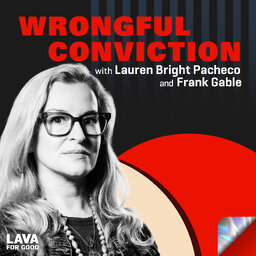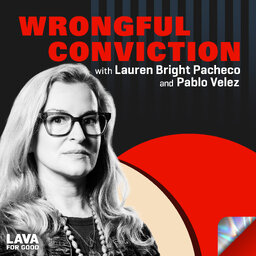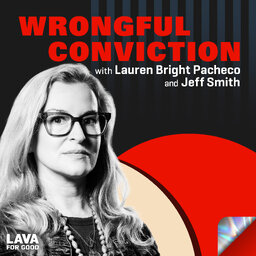#214 Jason Flom with Troy Coleman
On September 26th, 1989, Kevin Jones and a friend drove to an apartment with $40,000 cash to buy cocaine. Jones went inside, while the friend waited down the block. Almost two hours later, the friend saw Jones’ car approaching him, but Jones was not in it. Jones was later found dead, wrapped up, beaten and shot, in the trunk of that car. Troy Coleman, the owner of the apartment, was 60 miles away in Atlantic City at the time. Despite knowing of Coleman's whereabouts during the crime, prosecutors charged him anyway. Coleman was convicted and sentenced to life in prison where he has been for over 31 years, fighting for his freedom.
Learn more and get involved at:
https://www.troycolemancase.com/
https://www.wrongfulconvictionpodcast.com/with-jason-flom
Wrongful Conviction is a production of Lava for Good™ Podcasts in association with Signal Co No1.
 Wrongful Conviction
Wrongful Conviction


